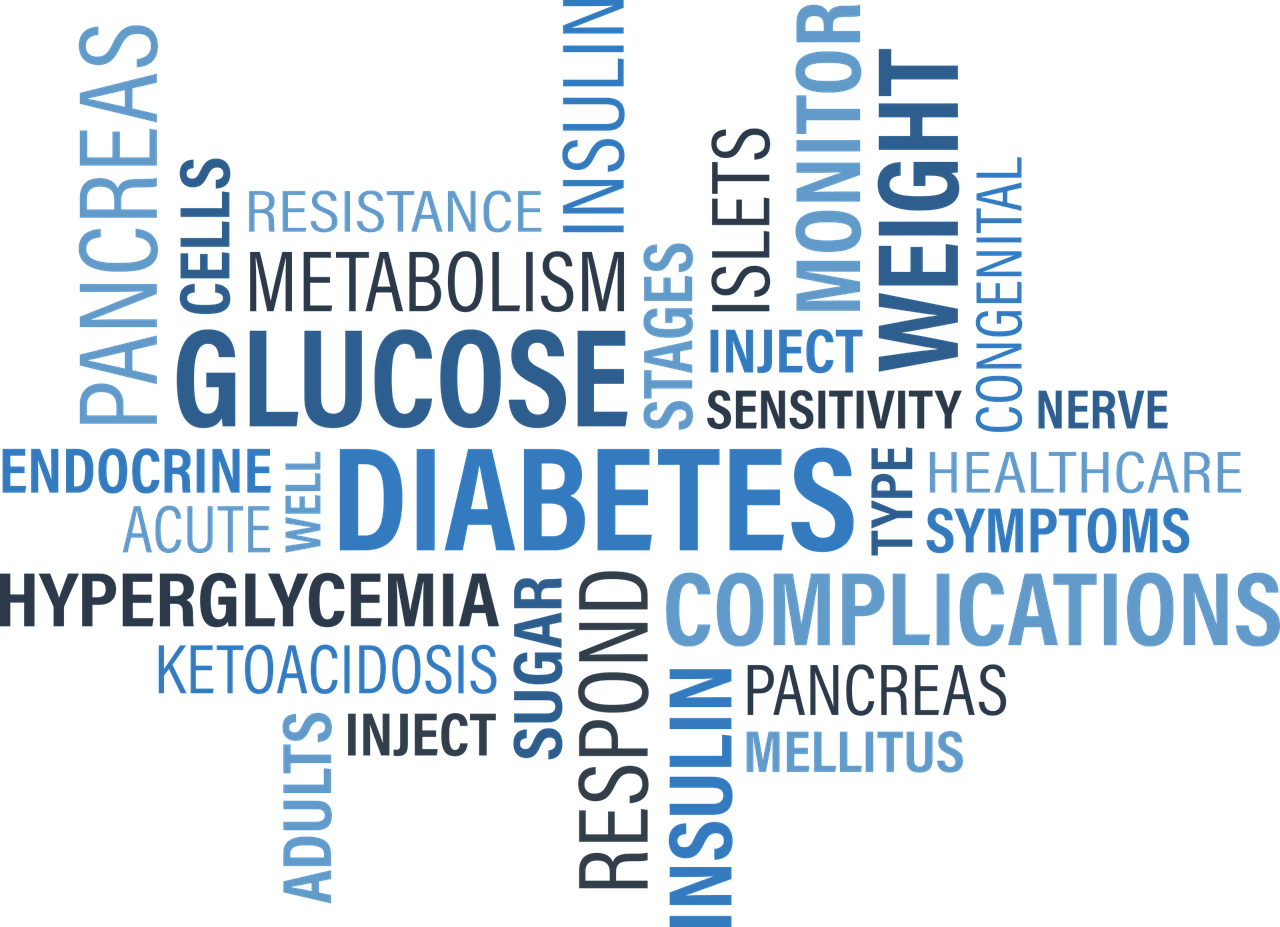Medical terminology is a vital part of healthcare, as it helps healthcare professionals communicate effectively and accurately. Understanding medical terms can help individuals better comprehend their conditions, treatment plans, and overall healthcare needs. Here is a list of common medical terminology that you may encounter in healthcare settings.
1. Diagnosis: The identification of a disease or condition based on symptoms, signs, and test results.
2. Prognosis: The likely course and outcome of a disease or condition.
3. Symptom: A subjective indication of a disease or condition that is reported by the patient.
4. Sign: An objective indication of a disease or condition that can be observed by a healthcare professional.
5. Treatment: Medical care provided to improve or cure a disease or condition.
Medical terminology can often be complex and confusing, but having a basic understanding of common terms can help individuals navigate the healthcare system more effectively. It is important to ask questions and seek clarification from healthcare providers if you are unsure about any medical terms or concepts.
Medical terminology is also crucial for accurate medical documentation and communication between healthcare professionals. Using standardized terminology helps ensure that important information is conveyed clearly and consistently, reducing the risk of errors and misunderstandings.
Whether you are a healthcare professional, patient, or caregiver, familiarizing yourself with medical terminology can help you communicate more effectively and make informed decisions about healthcare. By learning and using common medical terms, you can better advocate for your health and well-being.
In conclusion, understanding medical terminology is essential for effective communication and collaboration in healthcare. By familiarizing yourself with common medical terms, you can improve your ability to navigate the healthcare system, communicate with healthcare providers, and advocate for your health. Remember to ask questions, seek clarification, and continue to educate yourself about medical terminology to ensure that you are well-informed and empowered in your healthcare journey.
